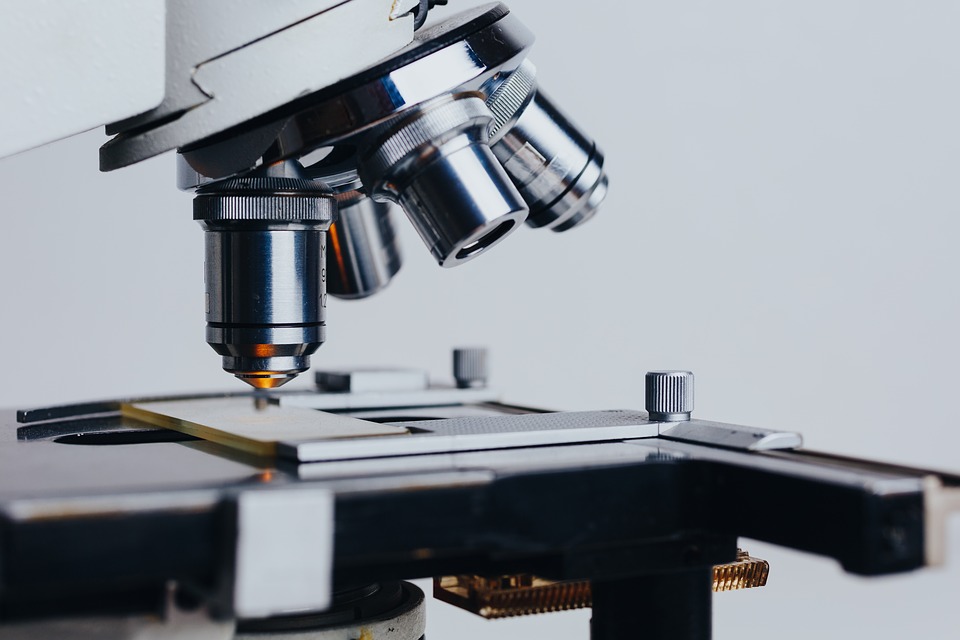A group of Scientists from China conducted research that reveals that the consumption of coffee by females can reduce the risk of endometrial cancer. The scientists reported that the consumption of coffee reduced the presence of this cancer by a third. Endometrial cancer attacks the uterus wall. It is also among the most common cancers among women globally.
Various factors increase the risk of attaining this form of cancer, including some diet habits, familial history, diabetes, among others. In addition, previous studies stated the consumption of coffee as an additional risk of cancer. However, this new study contradicts those findings.
How the researchers conducted the study
The scientists gathered findings from previous studies on the consumption of coffee and its risks. The team focused on a minimum of 20 studies on coffee consumption and new cases of endometrial cancer reported in at least 699,234 patients. We used the previous studies and the cases to evaluate how coffee consumption affects the risk of acquiring the illness.
The scientists further issued a statement, stating that the findings will lead to high levels of curiosity with other scientists, thus identifying other areas that the consumption of coffee assists.
The beverage contains a minimum of 1,000 chemicals, thus making it the most purchased beverage. The chemicals in coffee accelerate a person’s behavior and drive, even when in its natural form.
Coffee has some anti-carcinogenic properties
The chemicals present in coffee include phenolic structures that develop acids such as ferulic and catechins, among others. The study revealed that the phenolic compounds possess various anti-inflammatory properties that increase an individual’s healthy habits. In addition, other studies reveal the presence of anti-carcinogenic properties that possess a connection to various body mechanisms, including the type of coffee the consumer is drinking.
The study demonstrated that caffeinated coffee was responsible for the reduced risk of acquiring the type of cancer. When the various compounds in the beverage mingle, the alteration of their concentrations might be due to various factors, including brewing. However, the authors reiterate that other studies should investigate more of the subject matter and other related fields that may accrue.


